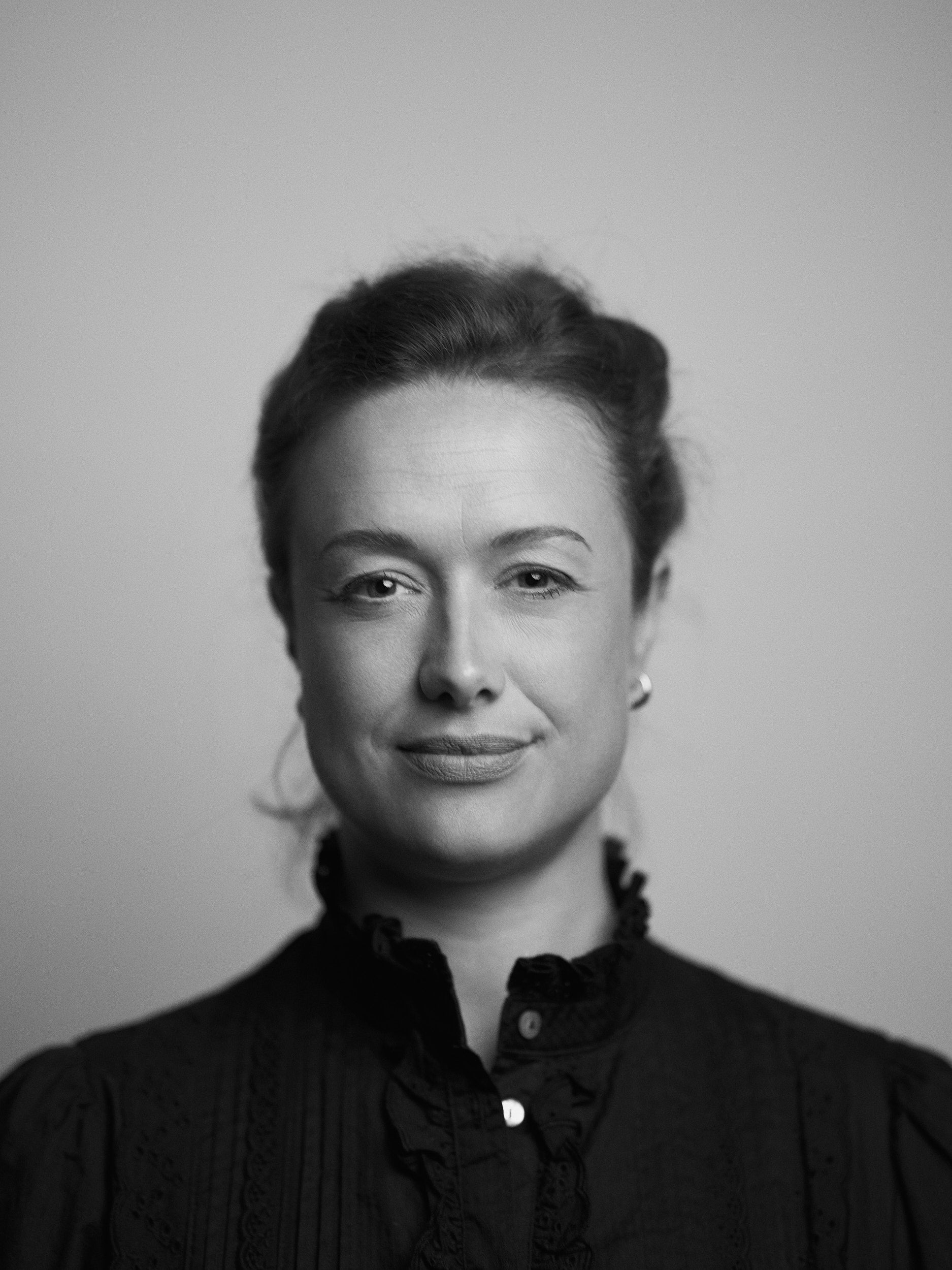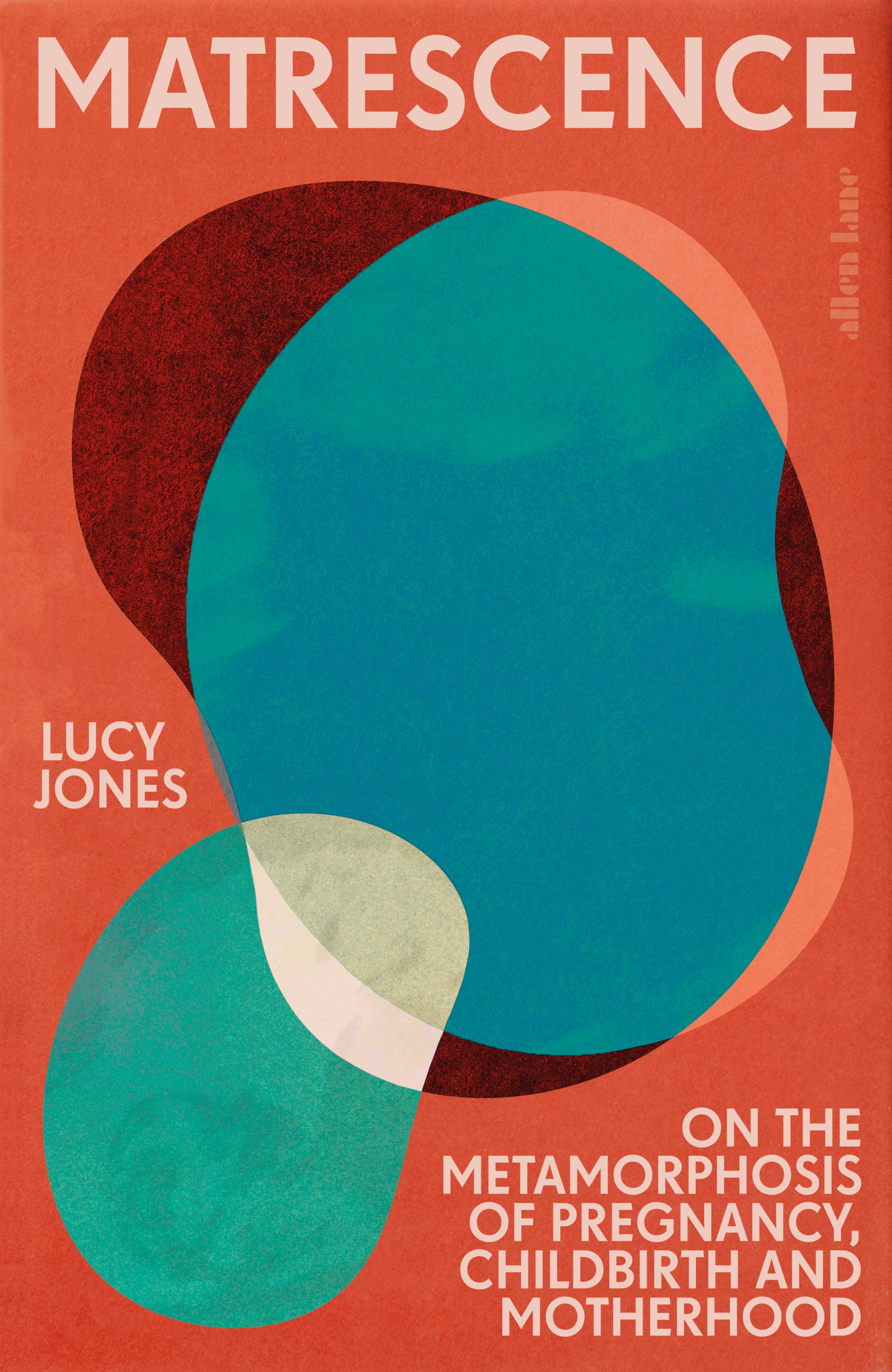I keep in mind the precise second I learn a passage about sleep in A Life’s Work, Rachel Cusk’s beloved and divisive motherhood memoir. I used to be mendacity in mattress on my aspect. The infant wasn’t sleeping very a lot and so I wasn’t sleeping very a lot, and my thoughts was beginning to unravel. Everybody instructed me to feed the child on demand and to by no means let her cry; nobody talked about the impression sleep deprivation would have on me.
“Sleep, like an ideal bear, a comfortable heat vigilant guardian of unconsciousness, had rolled away with a yawn and padded off elsewhere by no means, it appears, to return,” Cusk wrote. Sure, I believed. Sure. I miss that nice bear. That heat, darkish nothing. On the time, even after I was asleep, I used to be alert, matchsticks of hyper-vigilance retaining my eyes open and mind awake. It was such a genius picture, just like the bear on the ultimate web page of Michael Rosen and Helen Oxenbury’s We’re Occurring a Bear Hunt, padding off gently down the seaside. I might hear the footsteps. I might contact the comfortable fur by means of the letters. I remembered the blanket consolation of sleep. The road made me really feel regular and human and that my very own expertise of sleep and sleep deprivation was essential when all the pieces round me gave the impression to be saying the other.
I used to be deeply bewildered by the social establishment of motherhood I appeared to have fallen into. The official programs and buildings of motherhood – its texts, manuals, posters, authority figures – had been bizarrely moralist, controlling, ideological and infrequently unscientific. It was a social establishment the place deception, misinformation and barely veiled misogyny had been rife. Moms had been held to inconceivable requirements, judged, discovered wanting, and would usually really feel like failures from the off – nevertheless they gave delivery, or fed their infants, or raised their infants, or tried to mix work with their infants.
What compounded the surrealness of this new world for me, at the start, was a way of feeling gagged, that saying something not utterly bland about motherhood was forbidden. It was as if the very ideas of bewilderment, of existential terror, of lack of self, even of obsessive bliss, had been unsuitable. And so then I believed I was unsuitable. I stayed inside, remoted myself, and was ultimately identified with postnatal melancholy (the total story is in my ebook Matrescence). I do know now that this isn’t an uncommon expertise. Research recommend {that a} relational component of postnatal misery is a way of failure and disgrace that stops girls from connecting to others. Since publishing Matrescence, during which I discover the organic, psychological, emotional and social transition to motherhood, I’ve been shocked by the messages I obtain day by day from readers of how widespread – and corrosive – the sense of silencing, disgrace and stigma across the maternal expertise is as we speak.
A number of issues helped me. Discovering the phrase and idea of matrescence, and realising that turning into a mom is a big growth stage. Meds. The woods. Chilly river swims. Writing. And: books. Effectively, particularly, writing by girls attempting to make sense of what being a mom is. And particularly, A Life’s Work.

The distinction between Cusk’s expression of her expertise – visceral, bodily, ambivalent, emotional – and the neutered, inhuman tone of the childcare manuals was thrilling and quenching in these early months. “The childcare guide is the symbol of the brand new mom’s psychic loneliness,” she writes within the Introduction. And, for me, A Life’s Work turned the other: the start of my with the ability to step out of loneliness and isolation and disgrace, communicate to different moms, and realise most had been feeling equally blindsided. I’m positive many hundreds of readers have felt the identical.
What I beloved about A Life’s Work – and it’s there in all her books that have adopted, together with the just lately revealed Parade – was the area she provides to the existential expertise of delivery and motherhood. She considers maternal subjectivity, the selfhood of a lady who’s a mom, and the socio-political expertise of motherhood, every to be essential matters of consideration and for literature. That is no small factor. It in all probability concerned slaying the “angel in the home”, to make use of Virginia Woolf’s time period.
That is how Woolf described the angel of the home in a lecture in 1931:
“She was intensely sympathetic. She was immensely charming. She was totally unselfish. She excelled within the tough arts of household life. She sacrificed herself day by day. If there was hen, she took the leg; if there was a drought she sat in it – briefly she was so constituted that she by no means had a thoughts or a want of her personal, however most popular to sympathise at all times with the minds and needs of others.”
She wasn’t expressing her subjective fact about womanhood and motherhood in patriarchal late-stage capitalism, in different phrases.
After all there’s something lovely – to not point out important – in sacrifice, and in care work, and taking care of different folks. We should always worth it correctly in our society as one of many highest arts and actions, however the truth is, in as we speak’s establishments of care, particular person girls are most frequently anticipated to sacrifice themselves utterly for others, and that is unfair and damaging for wider society.
Each time I sat down to put in writing Matrescence, I felt that I needed to do battle with the angel in the home, however due to Woolf and Cusk and lots of others, I knew what she regarded like. “It’s far tougher to kill a phantom than a actuality,” wrote Woolf. And that is what Cusk does: she illuminates the situations and the beliefs that exist to lure and silence girls; beliefs which imply being pregnant, delivery and the various thousand methods of being a mom and never a mom are nonetheless underwritten and unrecorded.
“Start will not be merely that which divides girls from males: it additionally divides girls from themselves, so {that a} lady’s understanding of what it’s to exist is profoundly modified,” she wrote, with uncanny premonition, a long time earlier than the brand new science of the maternal mind would present how being pregnant alters the neural foundation of the self.
“When she is with them she will not be herself; when she is with out them she will not be herself; and so it’s tough to depart your kids as it’s to stick with them. To find that is to really feel that your life has turn out to be irretrievably mired in battle, or caught in some mythic care during which you’ll perpetually, vainly wrestle.”
These clear phrases had been a balm to me. I had thought – and I do know from letters I’ve been despatched by readers of Matrescence – that that is once more not unusual as we speak, that any emotional struggles I had with turning into a mom meant there was one thing unsuitable with me as a result of motherhood was depicted as so pastel-hued and Madonna-like and pacific.
In Cusk’s new novel ‘Parade’, she continues to X-ray the situations of latest womanhood and motherhood. The novel is considerate and true, with velvet prose, succulent and sleek
However Cusk gave me permission to really feel what I did, which was that the expertise was multifaceted. Joyful and ecstatic and stuffed with magnificence and gladness and contentment but in addition, essentially (and unnecessarily, due to patriarchal capitalism), an rebel of id, a marooning of the self and a brand new lifetime of ache and worry. As she places it, “The painful stump of our jointness, furious and recent.”
For taking up the angel in the home, and expressing her experiences in A Life’s Work, Cusk attracted frenzied outrage and unprocessed opprobrium. She was accused of “child-hating, of postnatal melancholy, of shameless greed, of irresponsibility, of pretentiousness, of selfishness”. She was condemned by reviewers for being a “unhealthy mom”. (Studying the ebook once more, I’m stunned Cusk was accused of “not loving her kids”; it pulses with love for her child.)
In Cusk’s new novel Parade, she continues to X-ray the situations of latest womanhood and motherhood. The novel is considerate and true, with velvet prose, succulent and sleek. The topic issues are richly layered – disgrace, interpretation, transference, the unknowability of the physique, the vulnerability and wounds of self, the probabilities of artwork.
Once more, she doesn’t flinch at describing the roles and conventions patriarchal society calls for girls and moms twist and deform themselves into. Certainly, sentence after sentence is a bullseye.

On the suppression and denial of the feminine and maternal expertise, she writes: “I discovered that I might affiliate this death-in-life with different occasions and experiences, most of which had been penalties in a method or one other of my organic femininity.”
On the weird disavowal of reproductive labour and the elevating of youngsters: “These feminine experiences, I now noticed, had normally been attributed to an alternate or double self whose function it was to soak up and confine them in order that they performed no half within the ongoing story of life.”
On having kids: “….the impulse to have a baby could be very usually a response to the girl’s personal childhood, as if her childhood has left her incomplete, or has taken part of her that she is driving to seek out once more”.
I don’t suppose I might’ve written Matrescence with out Cusk’s work. Studying A Life’s Work gave me the energy to put in writing. A personality in Parade describes artwork as “the pact of people denying society the final phrase”. I’m grateful that Cusk continues to uphold this pact, to inform the reality, to put in writing it as it’s. She is a disciple of the reality, and he or she helps us to see.
Rachel Cusk’s newest novel, ‘Parade’, is out now, revealed by Faber. The paperback of ‘Matrescence’ by Lucy Jones can be out now, revealed by Penguin



